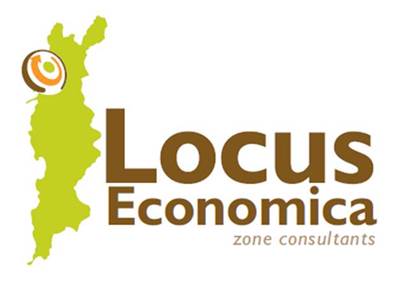Jamaica
In late 2005, Locus Economica CEO and Founder Jean-Paul Gauthier was invited, as a World Bank representative, to participate in a Commonwealth Secretariat workshop on “special economic zones, the WTO and fiscal incentives in CARICOM”, held in St. Lucia, but including a delegation from Jamaica. Under WTO rules, Jamaica’s free zones export subsidies were to be phased out in 2007. In the context of his presentations and of the facilitating follow-on working groups on country-level solutions for the participating nations, he led a rapid assessment exercise of Jamaica’s free zone regime on these fronts, which formed the basis for a number of recommended reforms.
There are currently 107 “free zone entities” in Jamaica, located in 3 government-owned and 1 private free zone. Kingston Free Zone (est. 1976) and Montego Bay Free Zone (est. 1988) employed over 36,000 workers at their peak. Kingston zone is moreover developing an informatics park that is projected to create 3,000 additional jobs. Garmex Free Zone (est. 1987), which hosts 9 occupants and 4,200 workers, has been undergoing a $120 million expansion since 2014, aiming amongst other things to build 14 new buildings. Finally, Cazoumar Free Zone (est. 1998), which is privately owned, has around 10 BPO/ICT sector occupants and employs some 1,000 people.
Free Zone benefits are now being phased out in favour of a new SEZ framework, formally mooted as a green paper in 2014 and enacted as law in 2015, as an element of Jamaica’s 2012 Global Logistics Hub Initiative. The Jamaican SEZ Authority (JSEZA) had received 31 SEZ applications as of May 2018, as well as licensed 10 SEZ developers, promoters or occupants. The country’s principal new project in this context is Caymanas SEZ, which comprises an industrial park, technology park, and renewable energy station. Projected to open by 2022, a feasibility study for the zone has now been completed.
